Sheku Kanneh-Mason has burst into the UK pop charts at number 18 with his debut album, Inspiration.
The album was recorded in his hometown Nottingham, and in Birmingham with the CBSO and music director Mirga Gražinytė-Tyla.
It is, needless to say, #1 in the classical charts.
It is also the fastest selling release by any UK debut artist this year.

The great pianist writes:
‘I am very sorry having to cancel my upcoming tour in the United States with Itzhak Perlman, whom I deeply admire and with whom I love playing. Because of family and health problems, I cannot for the moment travel far and for extensive periods of time away from my home in Europe. Thank you very, very much for your understanding.’
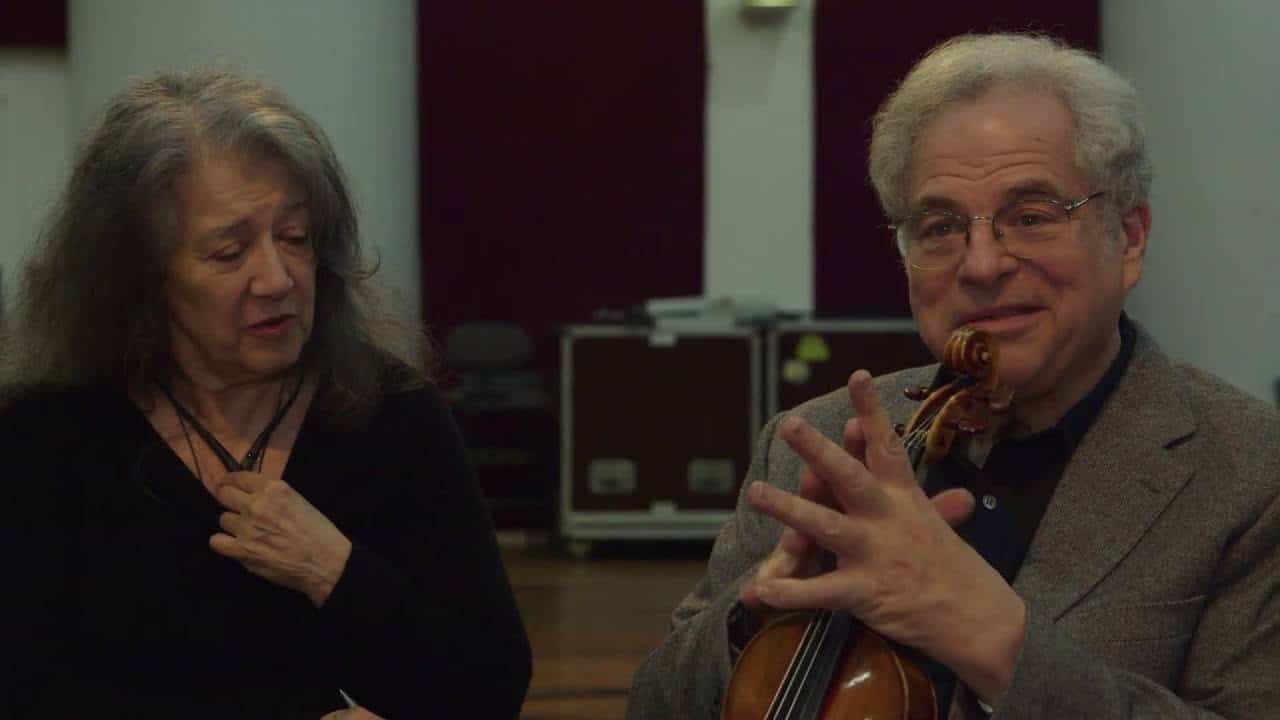
The tour had been booked in five cities, four of which have made alternative arrangements:
Los Angeles Disney Hall (March 13+14, 2018) has shifted the booking to May 12+14, featuring Perlman with his regular pianist, Rohan De Silva.
San Francisco Davies Symphony Hall (March 16, 2018). This has been cancelled.
Chicago Symphony Center (March 18, 2018). Violinist Gil Shaham and pianist Akira Eguchi will stand in.
Washington Kennedy Center (March 20, 2018) has moved the date to May 23, featuring Perlman with his good friend Pinchas Zukerman and Rohan De Silva.
and Carnegie Hall (March 22, 2018). This will now feature Perlman/Zukerman with De Silva.
The Metropolitan Opera has amplified its original half-truth on the sacking of John Copley with some further details released to the London Times, following Slipped Disc’s compherensive account.
The Times’ chief news correspondent David Brown writes:
The Met said last night that Mr Copley allegedly told a chorus member: “I’m thinking of you in my bed with your clothes off,” which left the singer feeling “extremely ill at ease due to this sexually demeaning remark”.
The spokesman said the comment, which was overheard by other singers, led to the chorus member being unable to appear in that evening’s performance of Il Trovatore because he felt upset and distressed. “Peter Gelb spoke to Mr Copley, who did not deny the incident,” he added. “After further discussions with the chorus member, who felt unable to continue working with Mr Copley because of the hostile, sexually charged environment that had been created, Mr Copley was asked to leave the production.”
This argument has been undermined, however, by a statement to Michael Cooper of the New York Times by Leonard Egert, the national executive director of the chorus union.
Egert said in an interview: It’s our understanding that a written apology to the chorister involved and a slight modification of the rehearsal schedule would have been sufficient to resolve this.’…
Mr. Egert said that while the chorister said he did not want to work with Mr. Copley in the rehearsal room, the union believes that he was — and still is — willing to work with Mr. Copley in stage rehearsals provided that their interactions are “limited.” But the Met official said that it would be impractical, and unworkable, to try to limit interactions between any director and performer.
With each successive utterance, Peter Gelb’s hasty decision to fire a director of unblemished record looks ever more misguided and disruptive.
The injustice could still be settled by a Gelb apology, but that appears to be unlikely.
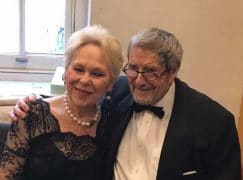
Our string quartet diarist Anthea Kreston discovers secrets in Lisbon:

In music, do we have keepers of the tradition – like in the Jewish faith – their “36 Concealed Ones”? The belief is that, in every generation, there are 36 people who uphold humanity in the eyes of God. They do not know each other, or in fact if they are one of the 36. They emerge to protect others from harm, and then melt back into their everyday lives. If one of them goes missing – the world will come to an end. The beauty of this is that none of us knows if we are one – if our daughter is one – we must live and treat others as if we or anyone could be one of the 36. We must be humble and protect one another.
Was Schubert one? Was Bobbie Mann? Was my first violin teacher? In music, the 36 live outside of time. Not all are alive, or maybe even people – they might be a particular piece – who are my 36? Who are yours?
Sometimes, when I was a girl, and I had had a very hard day, I would go into a room, close the door, and play my violin. I had (and still have) one particular piece which would help me – not necessarily feel better – but would center me, help me work through my thoughts and feelings. That piece was and is one of my 36, my own personal helper.
This week I went to Lisbon – my second time since joining this Quartet. Because of the tour schedule, I didn’t have time to get home between concerts, and so had a luxurious day off in Portugal. I made the most of it – trying to take in the smells and sights of the city and culture. In the evening I walked for an hour to a vegetarian restaurant in an ancient courtyard, which had an on-site masseuse. My dinner was sensual (isn’t that an oxymoron for a vegetarian meal?), my massage was by an elderly woman, whose small, unheated house was lit by candles and nestled in the corner of the courtyard. It was more of a “laying on of hands” – it was the most unusual massage I have ever had – no words could be exchanged because of our language barrier, and she seemed to be transmitting her energy into my body. My late-night walk home was floppy and surreal.
The next morning I woke early, got on the subway, and met up with a group for a “secret foods of Lisbon” tour. Meandering through crooked, steep residential neighborhoods, hearing about, seeing and tasting the history – sometimes eating street foods, going to a market, eating grilled fish inside a huge, old Moorish chimney, and finally tasting the pastries. What a pleasure! The “Pasta de Nata”, one of the most famous exports of Portugal, came into being because the Nuns used egg whites to starch their habits. What was left, the yokes, were made into these delicious custard pastries, with a shatteringly flaky shell. When the plate of Natas came to our table, we reached forward – but our guide quickly told us to wait – what makes the Natas so special is a sprinkling of powdered sugar and cinnamon- a taste of the explorers returning with cargoes of spices from the Indian Ocean. I could taste, see and smell the history of Portugal that day, just as I can feel, hear and touch Schubert’s loneliness, Brahms’ unrequited love, or Shostakovich’s desperation.
Tonight I play a mixed French program- Debussy Sonatas and Ravel Piano Trio, with a smattering of Messiaen, Lalo and Faure. I love to hear the Eastern influences – the gamelan, the rhythm of the poetry form of the pantoum manifested through music. The sounds of the brush-strokes of the impressionist painters, the love of the French way of life, entwined with the fascination of other cultures. The pizzicato in the Ravel Trio is our cinnamon, the harmonics our nutmeg. These are our secret sounds of music.
A highly critical analysis of the Venezuelan educational model has been published in the journal Music Education Research. Based on fundraising documents from the mid-1990s, it questions the objectives and effectiveness of the organisation. The questions are significant since Sistema has been adopted in many other countries.
The report’s authors are Professor Geoff Baker of the University of Holloway and Ana Lucia Frega, who was an assessor for one of El Sistema’s requests for foreign bank loans.
Among many negative testimonies they uncover are these three:
– the kids had to work on weekends from the morning into the late evening, when there is a concert it’s horrible, they even have to miss school and everything because they have a rehearsal in the mornings, during exams on Saturdays and Sundays, they shut them away, […] so of course they’re isolated, it’s work morning, noon, and night.
– why do you even go to school at all? What you need is this [El Sistema]. Why would you go to 4th and 5th grade or try to go to high school and get a high school diploma? What are you going to do with that?
– many of my peers didn’t get their high-school diploma, we even have figures of authority who didn’t even finish primary school, and they have high posts, [education] is like an anti-value […] anyone who talks about specific aspects of music-making, phrasing or whatever, is looked down on as a know-it-all.
You can read the full report here.
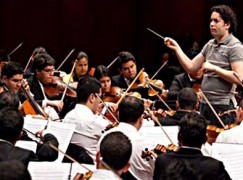
Dudamel conducts Scotland’s Sistema orchestra
The Dominican Sisters of Mary, Mother of the Eucharist, had their first chart hit on a small label. Their second was on Decca.
Their latest is with Sony. There’s a bidding war out there and the nuns are winning.
What’s more, they are getting more applications than they can handle from young American women who want to join the order.
Sony Classical has signed New York-based Spanish guitarist Pablo Sáinz-Villegas to paly an album of songs with Plácido Domingo.
Domingo, who has performed with Sáinz-Villegas many times, calls him ‘the master of the guitar.’

Jacob Shaw tells us that SAS Scandinavian Airlines is now charging an extra 50 Euros to register a cello, in addition to the full-price fare for the seat that it occupies.
Jacob is partocularly upset because he’s a gold member of the airline.

Fly away, SAS. We really don’t like you.
Someone stuck a pig’s head last night on the statue of Luciano Pavarotti in his home town, Modena.
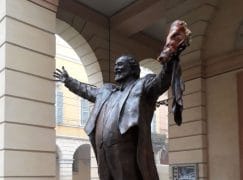
It is believed the vandals were caught on security cameras.
Katrin Adelmann, who has guested with many top orchestras and was formerly #1 in Karlsruhe, today accepted the concertmaster’s chair in her home town orchestra, the Bielefelder Philharmoniker.
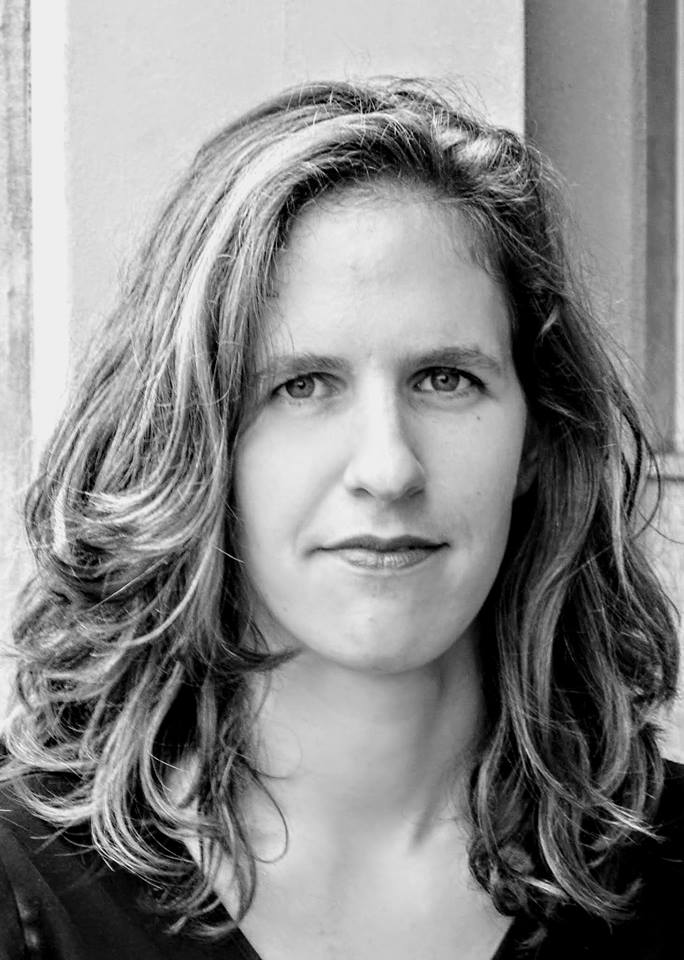
The following message was printed in last night’s programme of the Royal Liverpool Philharmonic, a tribute to John Ward, the orchestra’s principal percussion for almost 30 years. John Ward died this week, aged 91.

Writing about John Ward, the problem is where to start. I am anything but unbiased; when I was a small boy he was my total hero, more than any football player, and I am sure that has not changed much over the years. He was a great teacher and one of the funniest, sweetest and most generous of men. He was of course a consummate percussionist, and I am sure his famous snare drum roll is still the ideal for generations of players. But, in fact, he played all the instruments wonderfully, in a time where one really had to play everything, and often with one or two players short of the ideal.
Anyone who saw him with Fritz Spiegl (now I am showing my age) will remember what a completely natural and brilliant clown he was, a master of gesture and graceful slapstick. He seemed to me, then and now, somehow the beating heart of the orchestra, a personality who will ever remain embedded in the walls and the memory of the Phil. I hope he realised how much he was loved and respected, and we will miss him and carry him in our hearts. Wardie, thank you….
Sir Simon Rattle
The rising Canadian Joyce el-Khouri has walked out on Bill Guerri at CAMI to join Federico Tondelli at PrimaFila Artists.

And the American dramatic soprano Lise Lindstrom has left AskonasHolt, moving across London to Intermusica.











